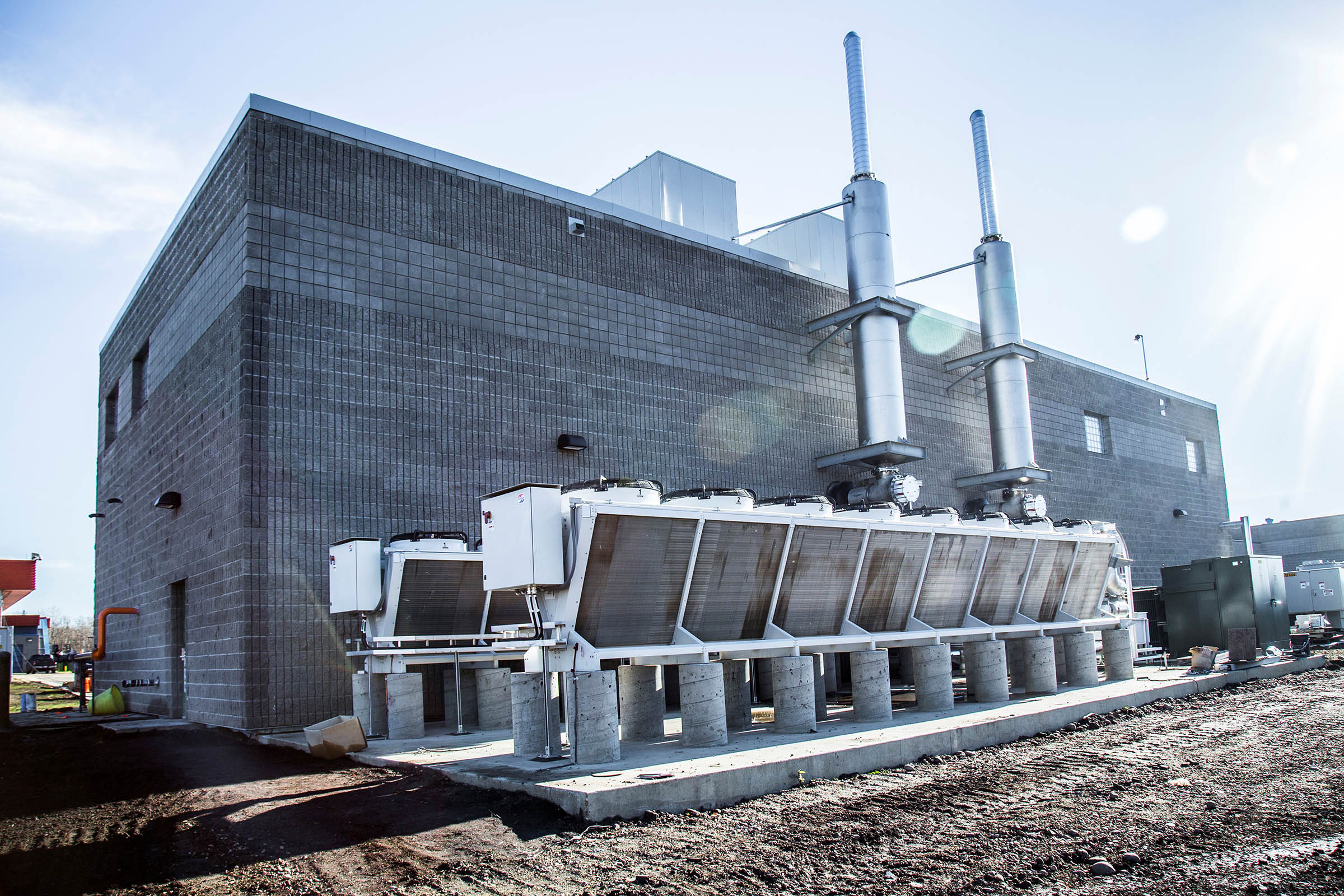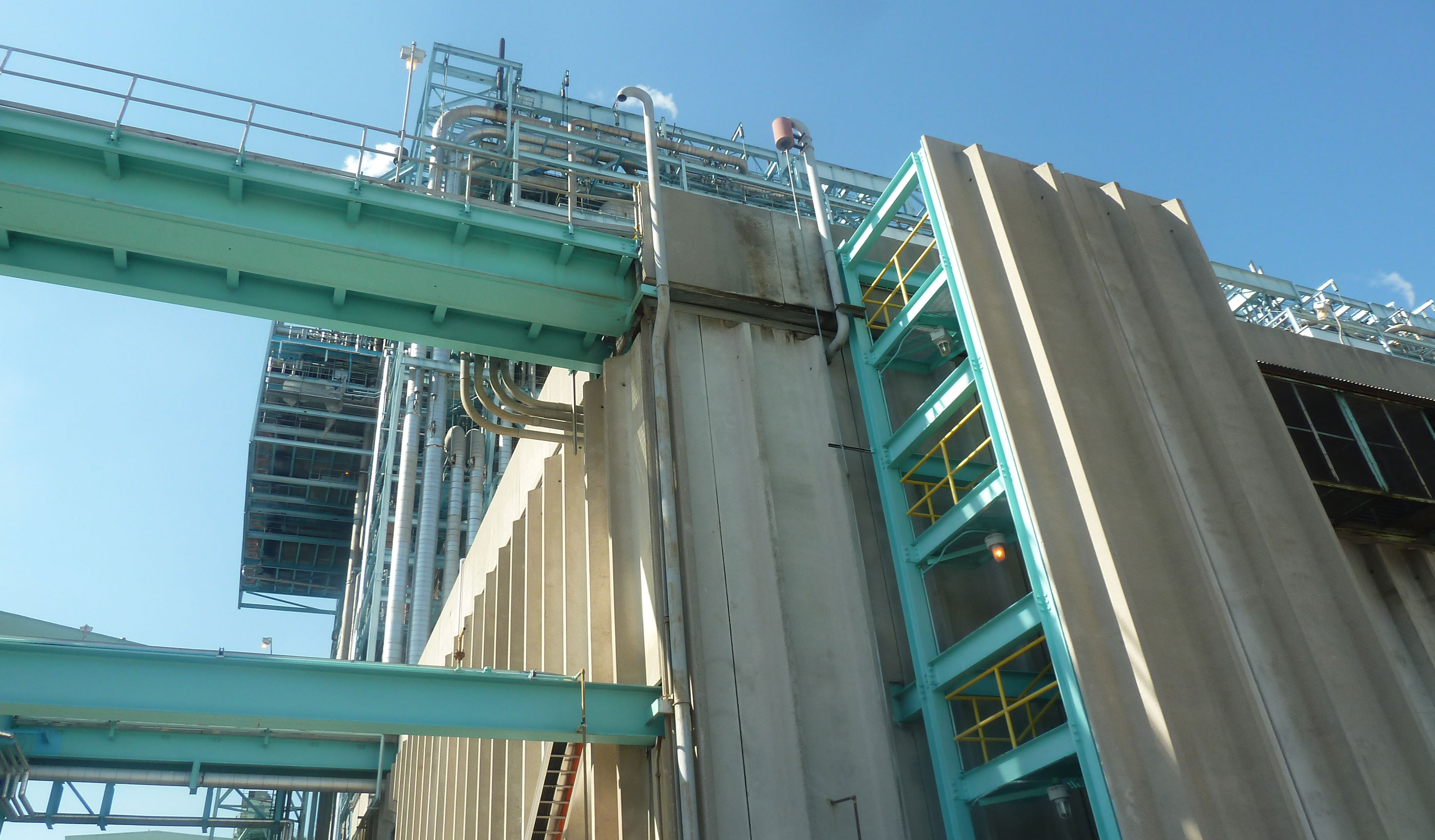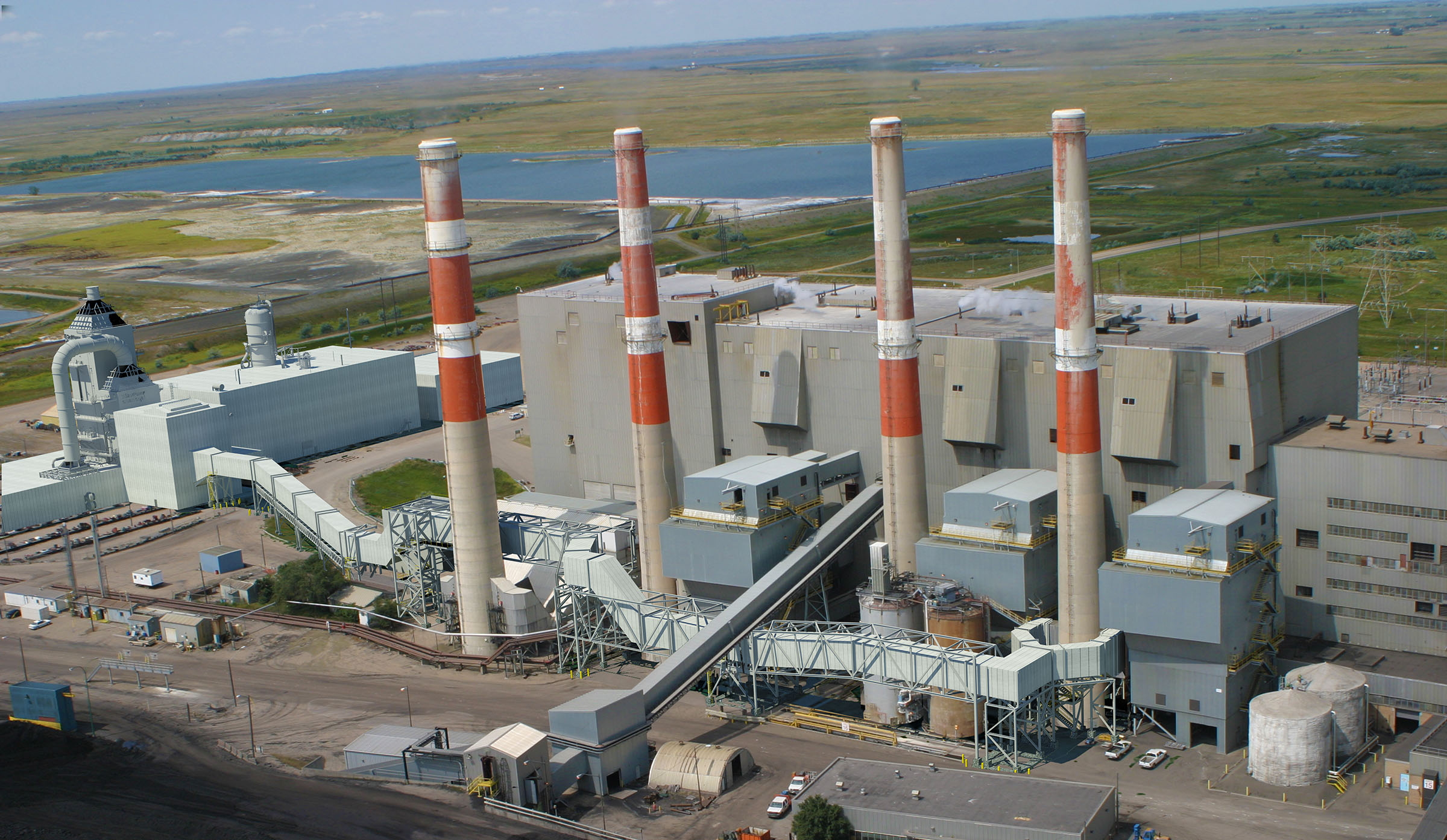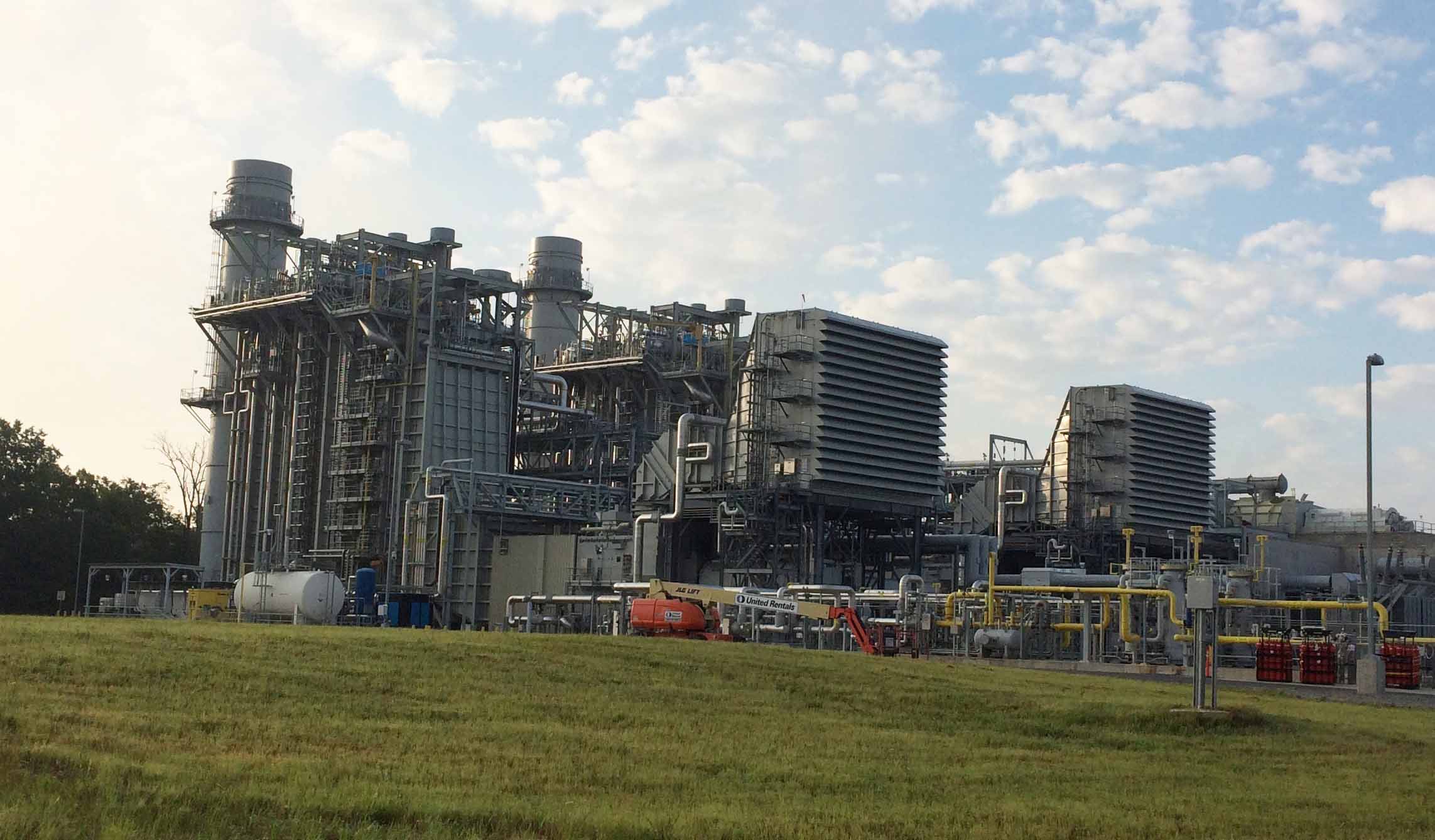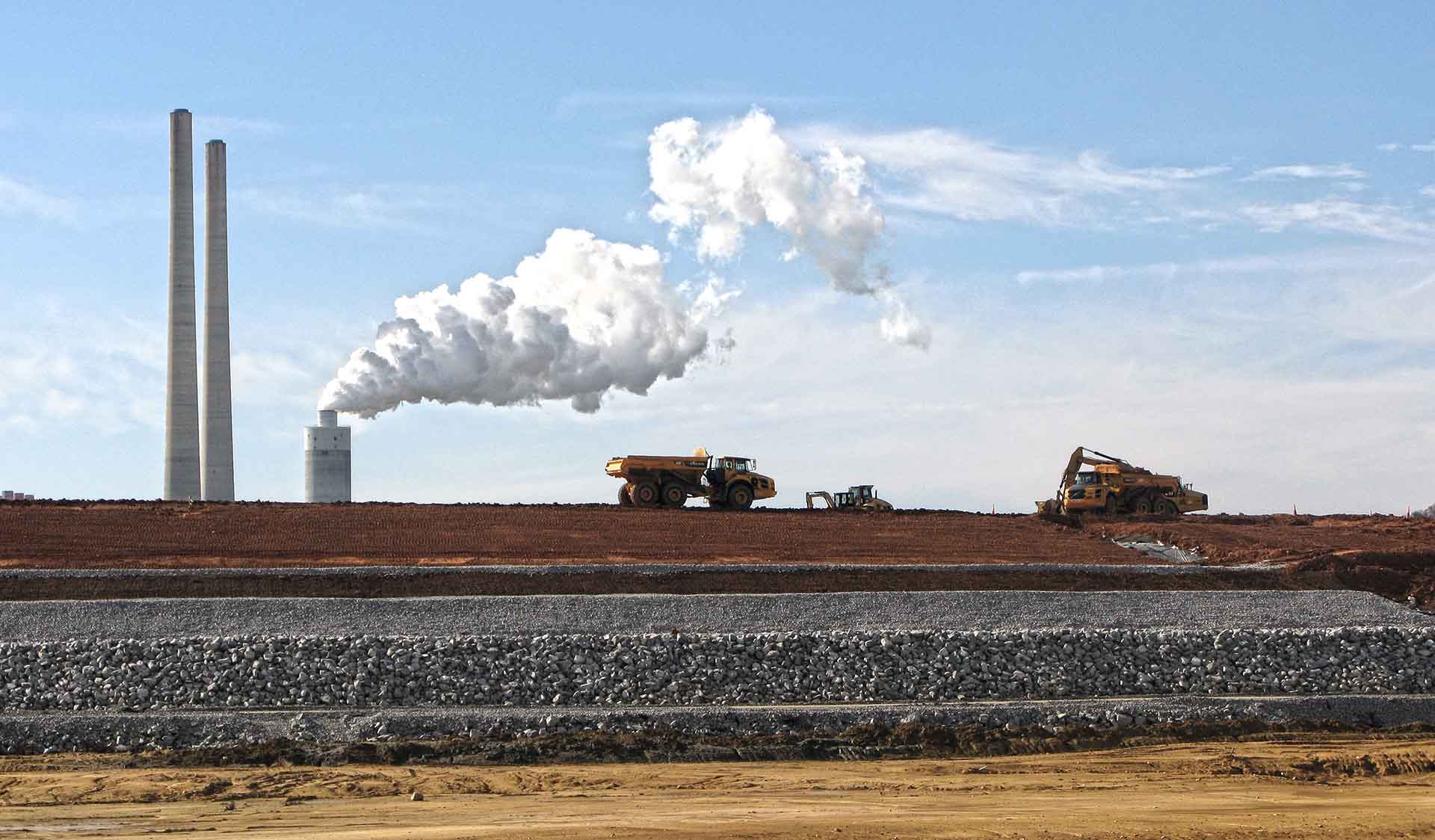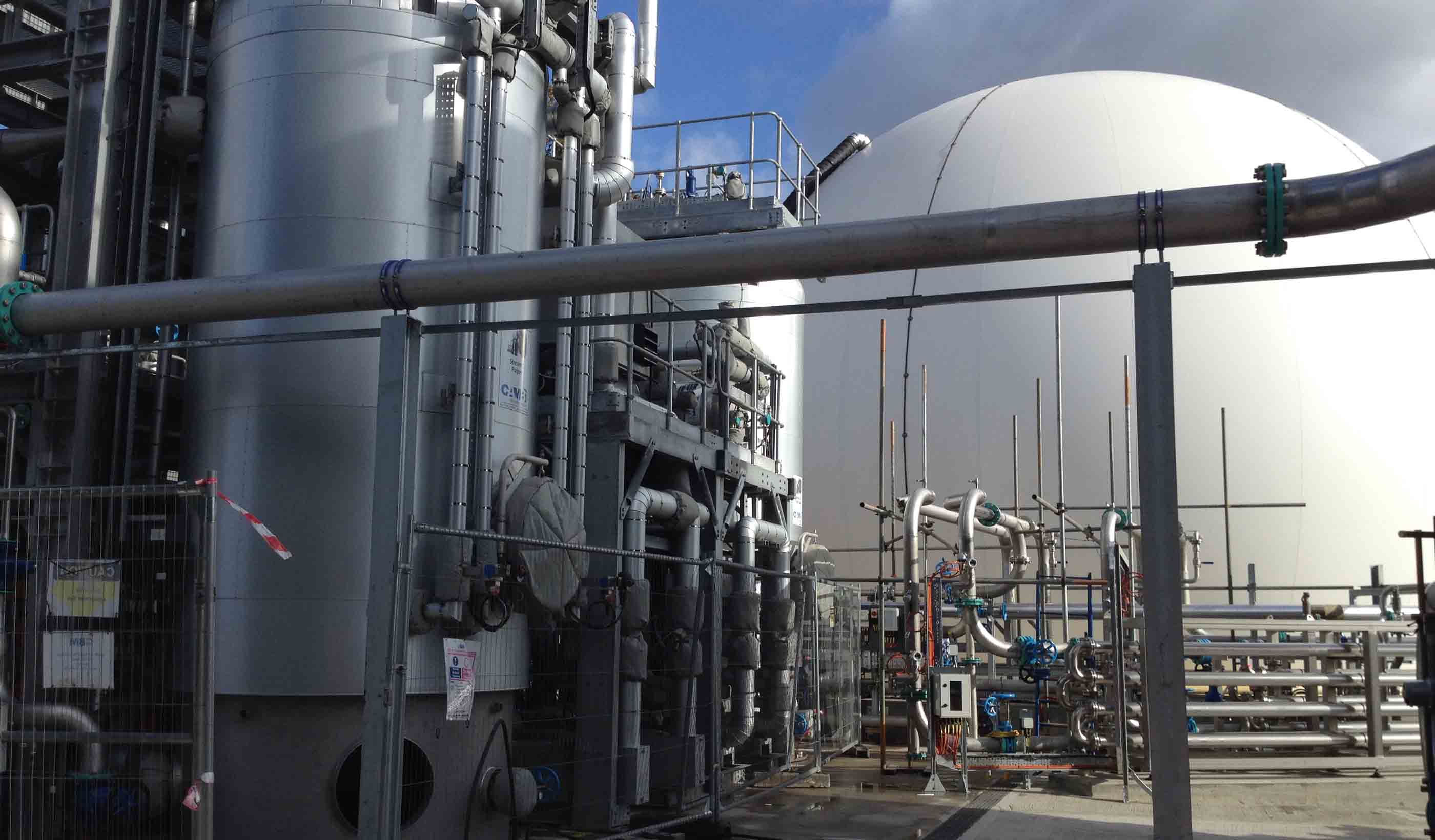- Location
- Yellowknife, Northwest Territories
- Offices
-
- Location
- Yellowknife, Northwest Territories
- Offices
Share
City of Yellowknife Biomass Usage and Implementation Study
The City of Yellowknife was looking for ways to reduce their dependence on fossil fuels without sacrificing any of their community’s heating needs. One opportunity that they wanted to look into was the usage of biomass. With approximately 7,800 tonnes (8,600 tons) of biomass material, they could potentially reduce diesel requirements by 500,000 litres (132,086 gallons) per year.
Our job? Review their current solid waste collection system and characterize waste streams. We also assessed potentially affected buildings to determine their annual heating loads. Using that information, our team developed and cost-estimated a district heating network design. Included was an option to generate electricity and a water heating application (that hadn’t been previously considered).
The study investigated 14 options for using biomass in both heating and cogenerating applications. After a costing and financial viability review, we presented two potential material handling scenarios to the City—with implementation plans and options for sizing the biomass plants. The City of Yellowknife moved forward with the plan, and the biomass plant that we designed was put into operation in the spring of 2018.
- Location
- Yellowknife, Northwest Territories
- Offices
-
- Location
- Yellowknife, Northwest Territories
- Offices
Share
Arlen Foster, Principal, Business Center Operations Leader
I enjoy teaming with clients, contractors, and designers to manage risks the arctic brings, producing a product we can all be proud of.
Brandon Morris, Principal, Practice Leader, Buildings
Sustainable design is more than a choice, it is our duty to our community. We must strive to do more with less.
Chris van Driel, Senior Principal
The only thing that’s constant is change. We work to continually adapt—to meet our clients’ needs in an ever-evolving carbon capture market.
We’re better together
-
Become a client
Partner with us today to change how tomorrow looks. You’re exactly what’s needed to help us make it happen in your community.
-
Design your career
Work with passionate people who are experts in their field. Our teams love what they do and are driven by how their work makes an impact on the communities they serve.
